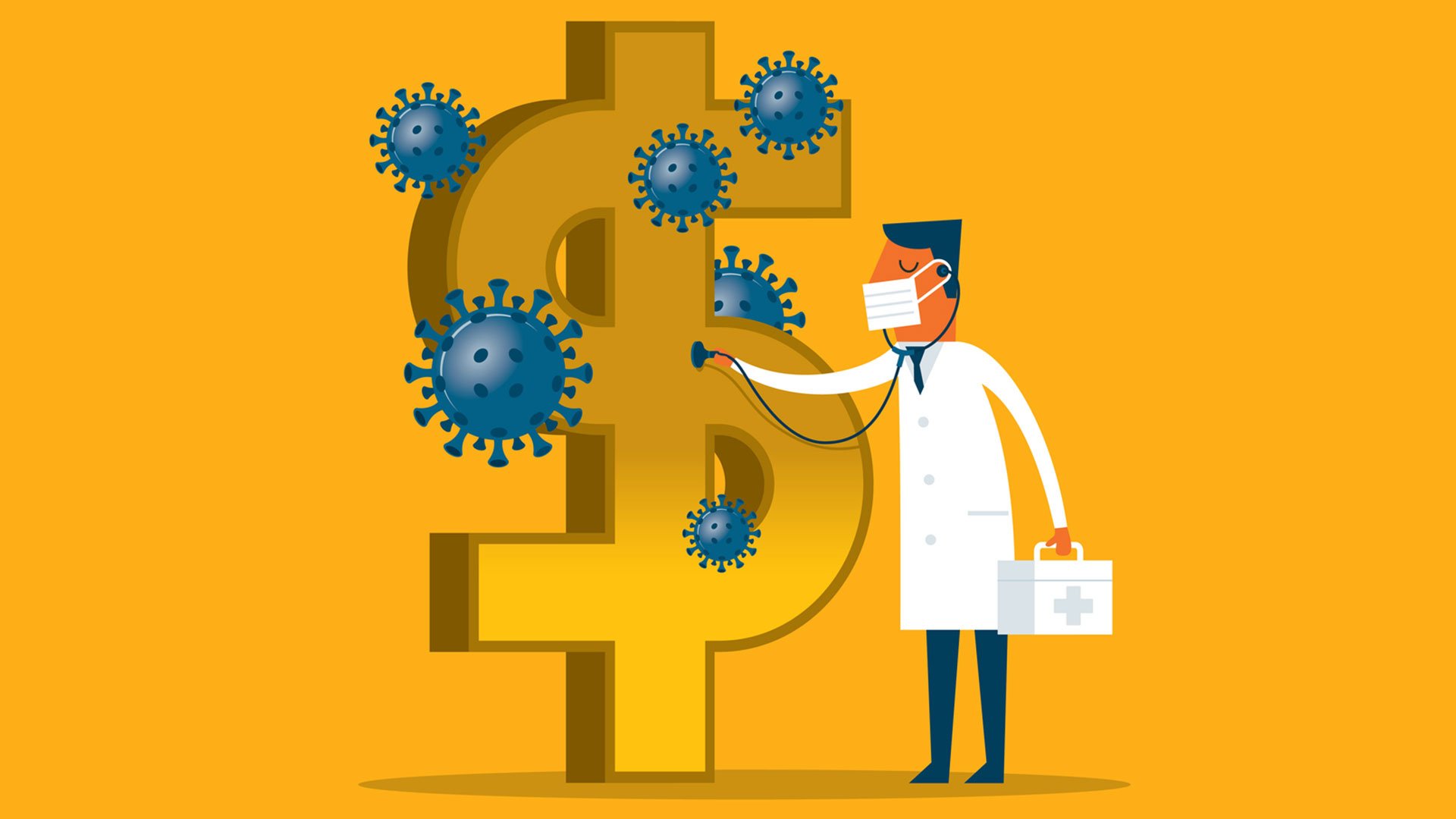
COVID-19 has raised many questions for life insurance, whether it will cover claims on existing policies, and what it means for being able to access new cover.
Insurers are developing their approaches and policies in an environment where there is no data or experience to inform us of what will unfold.
It is an especially challenging time for Income Protection, particularly long-term business.
The latest APRA profit margins, pre COVID-19, showed that insurers, and reinsurers, were experiencing greater losses than ever.
This can be seen in the APRA reported Risk Product 'net profit after tax (NPAT)' for the life insurance industry in the year ended 31 December as shown in Table 1:
For the 12 months to December 2019, risk products reported a combined after-tax loss of $1.3 billion.
All risk products deteriorated with the only exception being the Individual Lump Sum product. In particular, Individual Disability Income Insurance (also known as
Income Protection Insurance) reported a substantial loss, primarily driven by the persistence of adverse claims experience. COVID-19 will deliver a further hard blow.
DEATH AND DISABILITY
There will be some death and disability claims directly from the virus, but the impact of a sudden spike in unemployment and a general economic downturn will swamp that impact.
We know that disability claim rates are directly correlated to unemployment. Studies from Australia, New Zealand, Canada and the UK have all shown that unemployment rates and disability claim rates follow very similar patterns.
In addition, workers compensation claims in Australia are also closely correlated to unemployment.
This arises from elevated stress around work performance and business continuity, existing conditions that were previously manageable becoming unmanageable, and a rise in mental health claims.
ABILITY TO MANAGE CLAIMS
Insurers are also in a position where, due to COVID-19 and physical distancing requirements, they will have less ability to manage existing claims as they will need to relax requirements for existing claimants to prove their on-going incapacity to work.
This is to minimise the need for claimants to physically attend medical centres. We will see a rise in mental health conditions and perhaps a reduction in the ability to access the full suite of rehabilitation services.
There are of course fewer jobs for claimants to return to, which inevitably impacts the duration of claims and worsens experience.
The overall situation may be the final catalyst to cease long term Income Protection in its current form, both in Retail and Group markets.
ACCESSING COVER
Questions are also being asked about the ability for Australians to access new cover.
Insurers are experiencing an increase in insurance applications coming from a community concern around the impacts of COVID-19.
We also know that when investments markets drop, advisers often turn their client conversations to insurance cover and we see elevated new business. This may last through the next year or two.
While this is positive in terms of addressing underinsurance levels, customers naturally have questions around whether they will be covered specifically for pandemics.
So far, insurers have strong messaging reassuring the community that any existing cover that has pandemic exclusions will not have them applied.
It may be more difficult to promise no pandemic exclusions on new cover given the potential for anti-selection.
PREMIUM INCREASES
There would be also seem to be inevitable premium increases required across both Retail and Group markets, prompting the need to accelerate and perhaps scale up further product design changes.
While it is without doubt an unprecedented challenging time for insurers, it has never been so important to provide cover and financial support to Australians as we face inevitable losses.
COVID-19 will pass and so we know there is light at the end of the tunnel; there is just no clear data at present to guide us as to how long and wide that tunnel might be.
This article first appeared on the Rice Warner website. It is reproduced here with permission.

Comments
Remove Comment
Are you sure you want to delete your comment?
This cannot be undone.